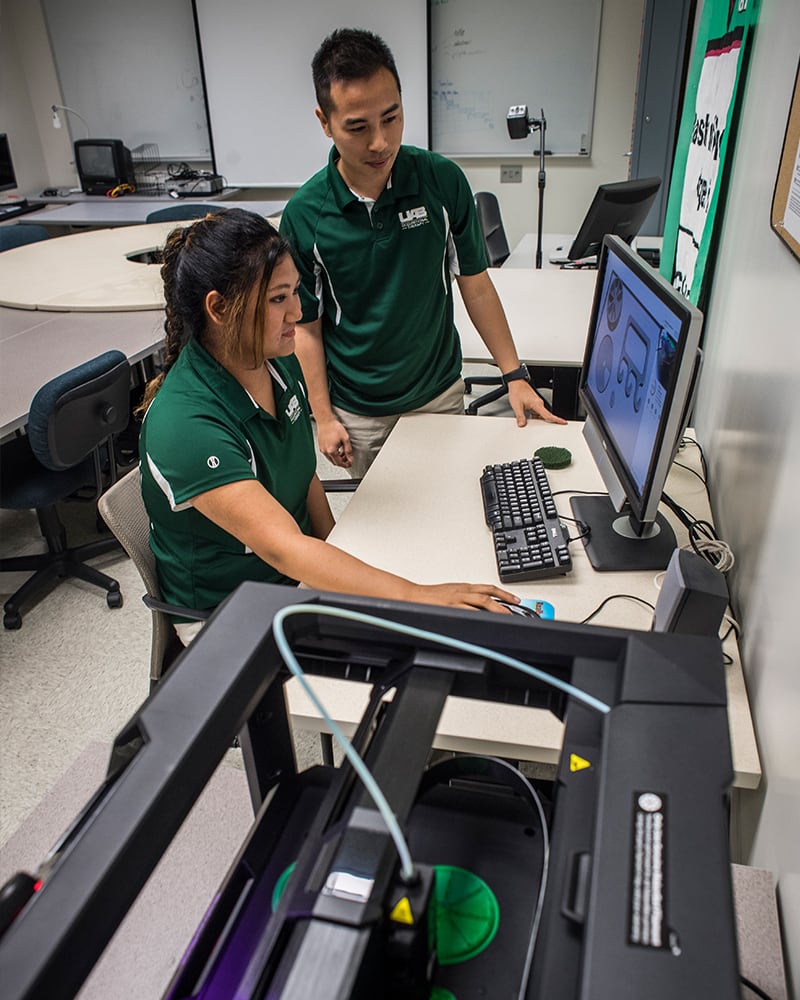
Occupational therapy is a client-centred health profession concerned with promoting health and well being through occupation.
Occupational therapy provides practical support to empower people to facilitate recovery and overcome barriers that are preventing them from doing the activities (or occupations) that matter to them. In achieving this, occupational therapy supports an increase in people’s independence and satisfaction in all aspects of their life, as well as supporting their health and well-being.
Occupational therapists achieve this outcome by working with people and communities to enhance their ability to engage in the occupations they want to, need to, or are expected to do, or by modifying the occupation or the environment to better support their occupational engagement
For Occupational therapists rehabilitation (regaining skills lost) and habilitation (learning new skills) are the core of their practice as they address the needs of people with injuries, illness, disability or deficits in occupational participation as a result of other causes. Regardless of the condition or setting, the return to participation in the activities a person or community needs or wants to do is the goal.
Occupational therapists work with all age groups and in a wide range of physical and psychosocial areas. The areas of practice for occupational therapists include children and youth; health & wellness; mental illness, productive aging; rehabilitation and disability; and work and industry. Places of employment may include hospitals, clinics, day and rehabilitation centers, home care programs, schools, industry and private enterprise. Many occupational therapists also work in private practice and as educators and consultants.
The demand for occupational therapists is rising, with job growth expected to increase 27% from 2014 through 2024 (according to the US Bureau of Labor Statistics). The aging population is definitely driving those numbers, but it's not the only cause. For example, more than half of occupational therapists work in hospitals and occupational therapy offices, where they provide rehabilitation services to the elderly suffering from stroke, arthritis, Alzheimer's and other long-term disabilities. However practitioners don't just offer rehabilitation services; they also support children's academic achievements overall and promote positive behaviors in class. Occupational therapists are reporting that their roles have expanded to help children experiencing challenges with executive functioning, time management and organizational skills within school.
While most people perceive occupational therapy as a rehabilitation profession, really occupational therapy is truly a health and wellness profession.
A Master of Science in Occupational Therapy degree or a Clinical Doctorate in Occupational Therapy is required for occupational therapists entering into the profession, and all states require occupational therapists to be licensed.
For additional information regarding occupational therapy careers, visit the American Occupational Therapy Association (AOTA).